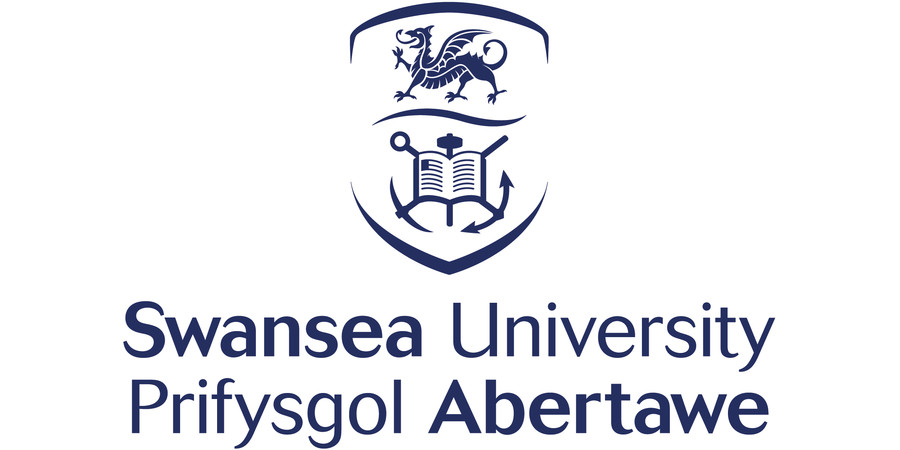Population Data Science: Fully Funded HCRW-NIHR PhD Studentship in Statistical Modelling in Multiple Long-Term Conditions for Healthcare Policy
Swansea University - Medical School
| Qualification Type: | PhD |
|---|---|
| Location: | Swansea |
| Funding for: | UK Students |
| Funding amount: | £20,780 Covers full tuition, £20,780 stipend (2025/26). |
| Hours: | Full Time |
| Placed On: | 6th November 2025 |
|---|---|
| Closes: | 12th November 2025 |
| Reference: | RS903 |
Healthcare decision-making has previously focussed on developing recommendations for single conditions. However, standardised care for each chronic condition in isolation can be inappropriate for individuals living with multiple long-term conditions known as multimorbidity, and may lead to unnecessary polypharmacy. This PhD studentship aims to develop a Bayesian modelling framework to identify clusters of multiple long-term conditions resulting in increased risk of hospitalisations, polypharmacy and/or mortality using population-scale, linked, electronic health records from the Secure Anonymised Information Linkage (SAIL) Databank Wales Multimorbidity e-Cohort (Lyons et al, 2021). This approach will be extended to explore potential genetic, environmental, or demographic risk factors associated with cluster membership and/or the outcomes of interest.
This PhD studentship is funded as part of the Re-thinking Health Policy in Multimorbidity (REMIT) project. The REMIT project aims to develop new methods to assess emerging treatments for people living with multiple long-term conditions. This project will utilise the SAIL Databank’s (https://saildatabank.com/) rich anonymised population-scale, individual-level, linked data sources to answer important population-level questions that will inform health technology assessment, policy, and practice. The successful PhD student will be embedded within an interdisciplinary team across academia and healthcare policy.
Facilities:
The PhD student will be based in Population Data Science at Swansea University with visiting PhD Student Status at the Department of Statistics at the University of Warwick, benefiting from the stimulating and supportive environment and bespoke training programmes. The successful candidate will receive training to develop their knowledge and expertise in statistical modelling, epidemiology, causal inference, and population data science, with the opportunity for their research to directly inform healthcare policy and practice. The successful student will have the opportunity to present their work at national and international conferences and workshops.
Advert information
Type / Role:
Subject Area(s):
Location(s):









